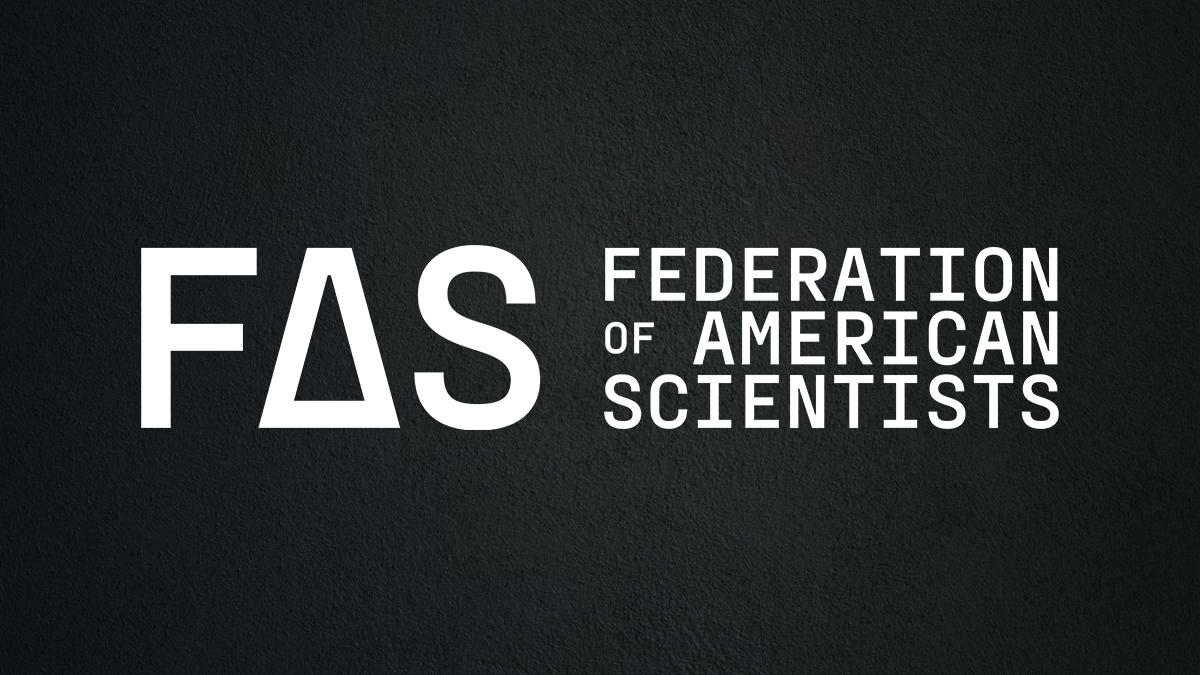
Position On H.Res.446 – Recognizing “National Extreme Heat Awareness Week”
The Federation of American Scientists supports H.Res. 446, which would recognize July 3rd through July 10th as “National Extreme Heat Awareness Week”.
The resolution is timely, as the majority of heat-related illness and death in the United States occurs from May to September. If enacted, H.Res. 446 would raise awareness about the dangers of extreme heat, enabling individuals and communities to take action to better protect themselves this year and for years to come.
“Extreme heat is one of the leading causes of weather-related mortality and a growing economic risk,” said Grace Wickerson, Senior Manager for Climate and Health at the Federation of American Scientists. “We applaud Rep. Lawler and Rep. Stanton’s efforts to raise awareness of the threat of extreme heat with this resolution and the launch of the new Extreme Heat Caucus.”
This year’s Red Sky Summit was an opportunity to further consider what the role of fire tech can and should be – and how public policy can support its development, scaling, and application.
Promising examples of progress are emerging from the Boston metropolitan area that show the power of partnership between researchers, government officials, practitioners, and community-based organizations.
FAS supports the bipartisan Regional Leadership in Wildland Fire Research Act under review in the House, just as we supported the earlier Senate version. Rep. David Min (D-CA) and Rep. Gabe Evans (R-CO) are leading the bill.
The current wildfire management system is inadequate in the face of increasingly severe and damaging wildfires. Change is urgently needed